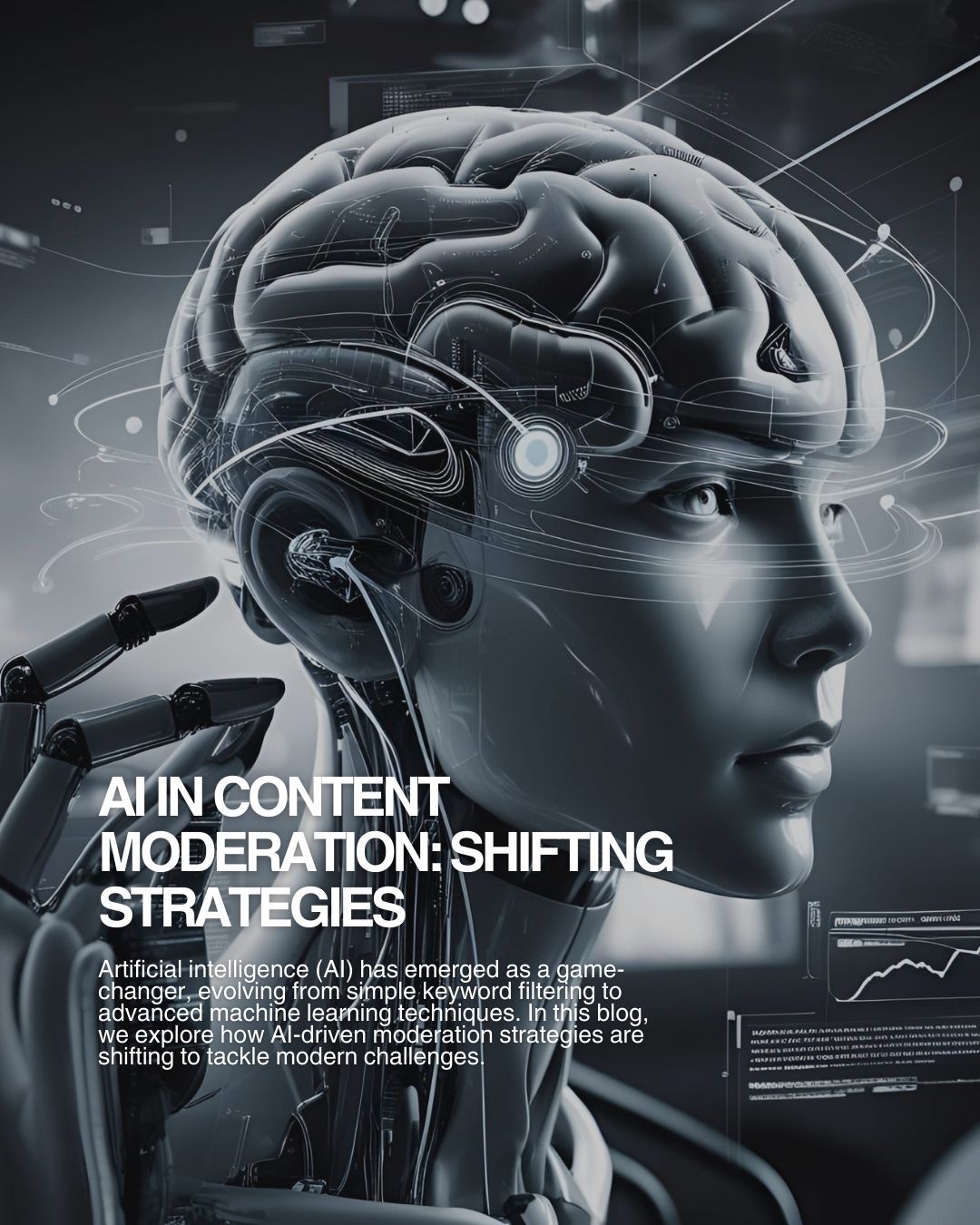Content marketing remains a vital strategy for engaging audiences, building brand authority, and driving conversions As the digital landscape evolves, so do the tactics and strategies that yield the best results. Here are the best practices for content marketing in 2024:

1. Focus on High-Quality, Value-Driven Content
Why It Matters:
- Quality content builds trust and establishes authority in your niche.
- Search engines prioritize high-quality content, improving your SEO.
Best Practices:
- Conduct thorough research to create comprehensive, informative content.
- Prioritize long-form content that provides in-depth coverage of topics.
- Use data, case studies, and expert quotes to back up your claims.
2. Embrace Multimedia Content
Why It Matters:
- Multimedia content such as videos, infographics, and podcasts can increase engagement.
- Different formats cater to diverse audience preferences.
Best Practices:
- Incorporate video content into your strategy, such as tutorials, webinars, and interviews.
- Use infographics to simplify complex information and enhance shareability.
- Experiment with podcasts to reach on-the-go audiences and provide in-depth discussions.
3. Personalize Content Experiences
Why It Matters:
- Personalized content enhances user experience and increases engagement.
- Consumers expect content that is relevant to their needs and preferences.
Best Practices:
- Use data and analytics to understand your audience segments.
- Create tailored content for different buyer personas and stages of the customer journey.
- Implement dynamic content on your website that changes based on user behavior and preferences.
4. Optimize for Voice Search
Why It Matters:
- The rise of smart speakers and voice assistants is changing how users search for information.
- Voice search queries tend to be longer and more conversational.
Best Practices:
- Focus on natural language and conversational keywords.
- Optimize for question-based queries and provide clear, concise answers.
- Ensure your content is structured with proper headings and schema markup to improve voice search discoverability.
5. Leverage AI and Automation
Why It Matters:
- AI and automation can streamline content creation, distribution, and analysis.
- These technologies can help identify trends, optimize performance, and personalize content at scale.
Best Practices:
- Use AI tools for content generation, topic research, and SEO optimization.
- Implement chatbots to provide personalized content recommendations and engage with visitors in real time.
- Automate content distribution across various channels to ensure consistency and reach.
6. Prioritize Mobile Optimization
Why It Matters:
- A significant portion of content consumption happens on mobile devices.
- Mobile-friendly content improves user experience and search rankings.
Best Practices:
- Ensure your website and content are responsive and load quickly on mobile devices.
- Use mobile-friendly formats, such as vertical videos and shorter text blocks.
- Simplify navigation and CTAs to enhance mobile user engagement.
7. Invest in Interactive Content
Why It Matters:
- Interactive content boosts engagement and can provide valuable data on user preferences.
- It encourages active participation, making the content experience more memorable.
Best Practices:
- Create quizzes, polls, and surveys to engage your audience and gather insights.
- Develop interactive infographics and maps to present data in an engaging way.
- Use interactive videos with clickable elements and branching scenarios.
8. Build and Nurture Online Communities
Why It Matters:
- Online communities foster loyalty and provide a platform for user-generated content.
- They enable direct interaction and feedback from your audience.
Best Practices:
- Use social media groups, forums, and community platforms to create spaces for discussion.
- Encourage user participation through challenges, discussions, and exclusive content.
- Actively engage with community members and respond to their feedback and queries.
9. Measure and Analyze Performance
Why It Matters:
- Data-driven insights help refine content strategies and improve ROI.
- Regular analysis identifies what’s working and what needs adjustment.
Best Practices:
- Track key metrics such as engagement, conversion rates, and time on page.
- Use tools like Google Analytics, social media insights, and content performance dashboards.
- Conduct A/B testing to optimize headlines, CTAs, and content formats.
10. Stay Updated with Industry Trends
Why It Matters:
- The digital marketing landscape is constantly evolving.
- Keeping up with trends ensures your content strategy remains relevant and effective.
Best Practices:
- Follow industry blogs, attend webinars, and participate in conferences.
- Network with other professionals and join industry groups to exchange insights.
- Regularly review and update your content strategy based on emerging trends and technologies.

By following these best practices, you can create a robust content marketing strategy that resonates with your audience, adapts to changing trends, and drives meaningful results in 2024.


































































